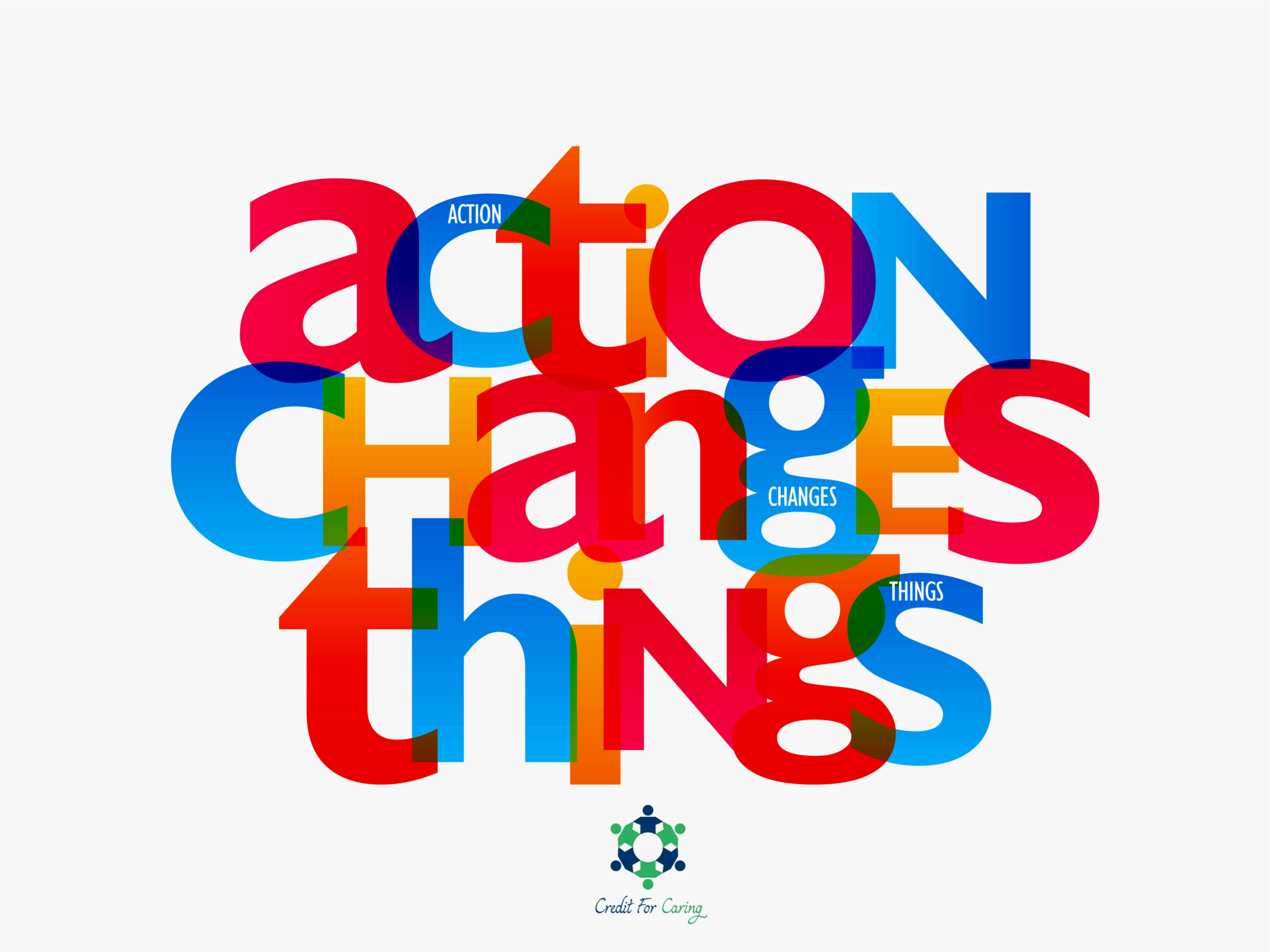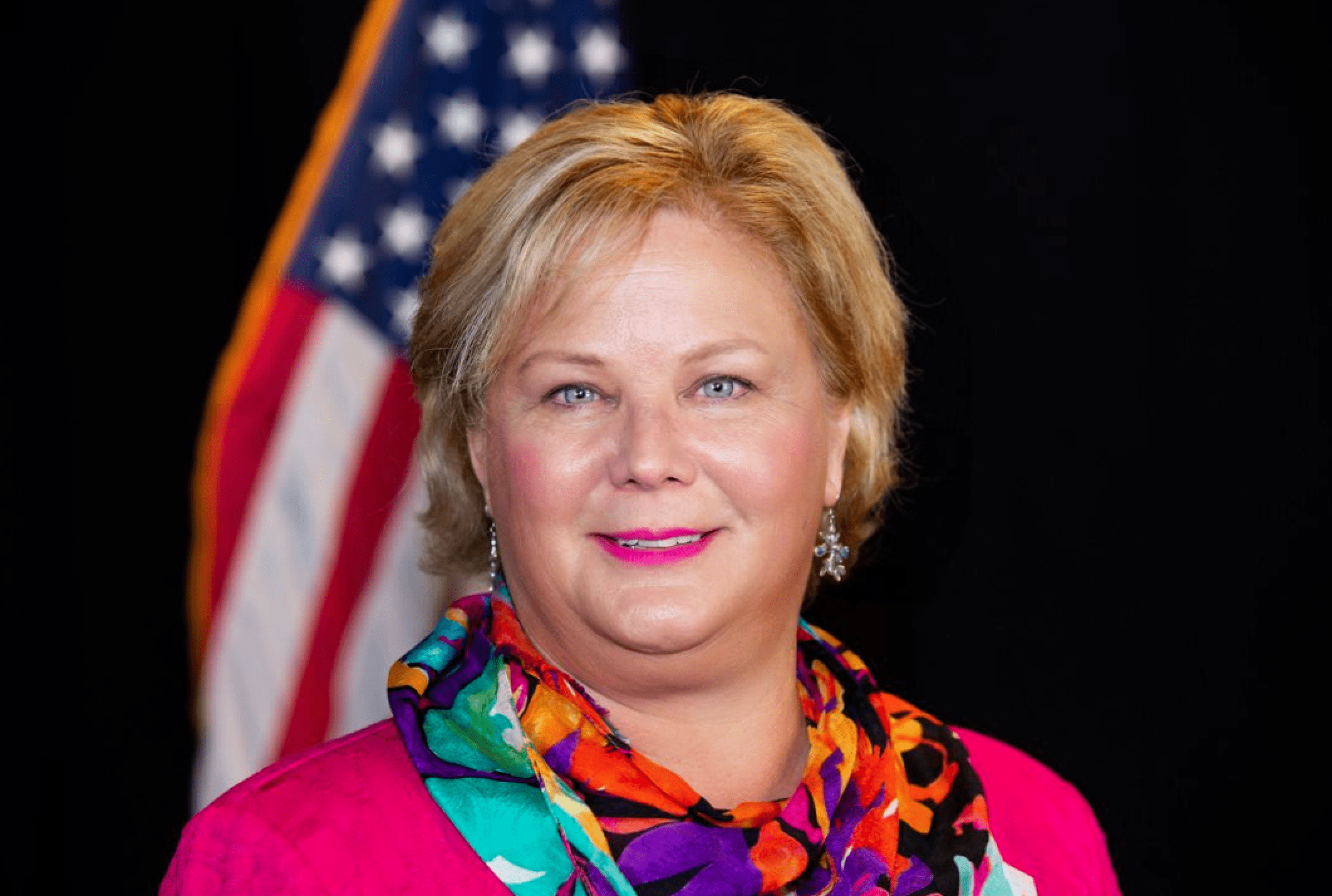Rebuilding a Strong Nation Means Support For All
Our country’s demographic profile is more diverse than ever in our history. Consider that one in four of us will be over age 65 by 2060 according to American Public Media Research. The latest Census report outlines who we are today and what the future holds for us. We need bold legislation to build communities for the future.
Family First Employment Policies
The Pew Research Center finds that more women, especially minority women, in low-paying jobs have lost the most economically since the start of the pandemic. The lack of affordable childcare and senior care continues to keep women out of work. This movement has the support of industry, governments, and social organizations that advocate to modify and expand the Family and Medical Leave Act (FMLA) program to include all employers regardless of company size. In fact, the expansion would enable more women to return to the workforce without fear of retribution or dismissal.
Mental Health Services for Caregivers
The mental health pandemic continues to spread and there’s no vaccine to mitigate it. For example, we know that loved ones with dementia disorders require 24/7 care, and any of their caregivers are worn out. The pandemic adds an additional layer of stress as adult daycare, respite service, or even residential care are curtailed right now. Behavioral and mental health services report increasing post-traumatic stress disorder-like conditions in today’s caregivers. Open access to mental health care is past due.
The Rosalynn Carter Institute for Caregiving conducted a study, with funding from Bristol Myer Squibs, entitled The Crisis in Caregiving. These recommendations highlight the enormous burden not being addressed today.
Increasing access to peer support through the continued development and promotion of remote caregiver support groups and support peer specialist counselors for caregivers
Creating online forums for community-building among caregivers to combat the isolation and empower caregivers to seek additional support and advocate for policy change.
Building awareness, access, and availability of respite options for caregivers, including formal in-person respite services supplemented with virtual options.

Multigenerational Living
Generations United research reveals a dramatic increase in multigenerational housing. Seventy percent of those living in multigenerational housing plan to remain together for years. Also, consider that eighty percent of seniors intend to age in place. Great idea but many of their homes may be too large or need repairs that are beyond their financial means. The financial and construction sectors have an opportunity here. Construction companies certified in disability and aging home modification are needed. Banks can finance these modifications with home equity lines to this desire to remain in the community a reality.
Financing Care
Roughly, the bottom quartile of the economy qualifies for needs-based services provided under the Older Americans Act and through the federal Community Living Administration. Conversely, the top earners retire with multiple streams of income and long-term care insurance. The path is not so clear for the middle 60% of Americans. Passing the caregiver tax credit reduces the financial burdens on today’s families taking care of elderly parents. Pass the Credit for Caring Act and get it to the President’s desk now.
Middle Americans are house poor. They own a home but do not have the income to maintain it or pay for private care services. This group relies on family caregivers the most. In fact, many family caregivers are financially supplementing the fixed incomes to keep their loved ones in place. We need affordable long-term care insurance for middle America that includes payment for family caregivers who serve them.



